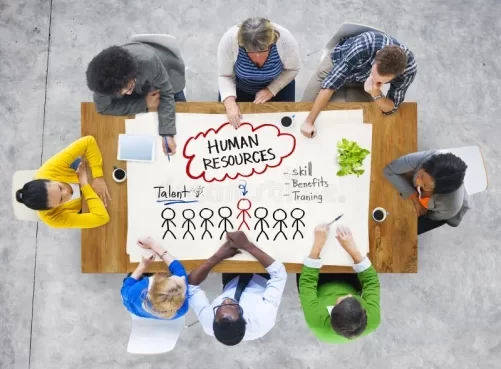Introduction
Labour laws are the backbone of any organization’s HR function. They protect the rights of employees while guiding employers on fair practices. For HR professionals, understanding and applying these laws is not just about compliance—it’s about building a healthy, ethical, and legally sound workplace. In this blog, we’ll explore how labour laws influence daily HR activities and why they are essential in shaping workplace culture and decisions.
1. Recruitment & Equal Opportunity
Labour laws ensure fair hiring practices. HR must follow anti-discrimination laws when drafting job descriptions, conducting interviews, and selecting candidates. This promotes diversity and prevents biases based on gender, caste, religion, or disability.
HR Practice Impact:
- Creating unbiased job postings
- Structured interview processes
- Equal pay for equal work
2. Employee Contracts & Terms of Employment
HR is responsible for drafting contracts that clearly define job roles, salary, working hours, notice periods, and termination clauses—all governed by labour laws like the Indian Contract Act and Shops & Establishment Act.
HR Practice Impact:
- Issuing compliant offer letters and appointment letters
- Ensuring clarity in terms and conditions
- Reducing disputes through legal clarity
3. Wages, Payroll, and Statutory Compliance
Acts like the Minimum Wages Act, Payment of Wages Act, and Payment of Bonus Act dictate how salaries, overtime, and bonuses are paid. HR must ensure that employees receive fair compensation as per law.
HR Practice Impact:
- Accurate payroll processing
- Deductions as per EPF, ESI, and TDS rules
- On-time salary disbursements
4. Working Conditions and Employee Welfare
Laws such as the Factories Act and Occupational Safety and Health Standards ensure a safe and healthy work environment. HR must implement policies on safety, working hours, and welfare measures.
HR Practice Impact:
- Safety training and workplace audits
- Proper rest intervals and shift timings
- Employee welfare schemes
5. Grievance Handling and Disciplinary Action
The Industrial Disputes Act and company-specific policies provide a legal framework for handling employee grievances and disciplinary actions. HR must follow due process to avoid legal backlash.
HR Practice Impact:
- Establishing grievance redressal systems
- Fair investigation and documentation of issues
- Legal compliance in termination or suspension
6. Leave Policies and Working Hours
Laws like the Maternity Benefit Act, Factories Act, and Shops and Establishment Act guide the leave structure and working hours. HR must ensure employees get their rightful leaves.
HR Practice Impact:
- Accurate leave tracking
- Maternity and paternity leave policies
- Compliance with weekly offs and work-hour limits
Conclusion:
Labour laws are not just rules on paper—they shape every decision an HR department makes. From hiring to exit, every stage of the employee lifecycle is touched by legal guidelines. For HR professionals, knowing labour laws isn’t optional—it’s essential. By aligning HR practices with labour laws, companies ensure fairness, protect employee rights, and build a culture of trust and compliance.

